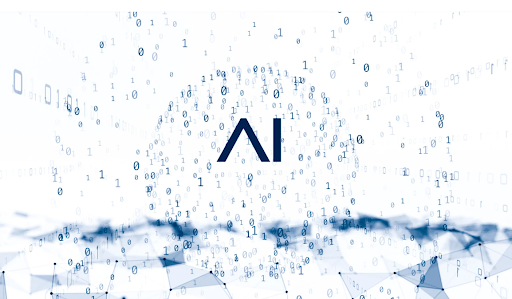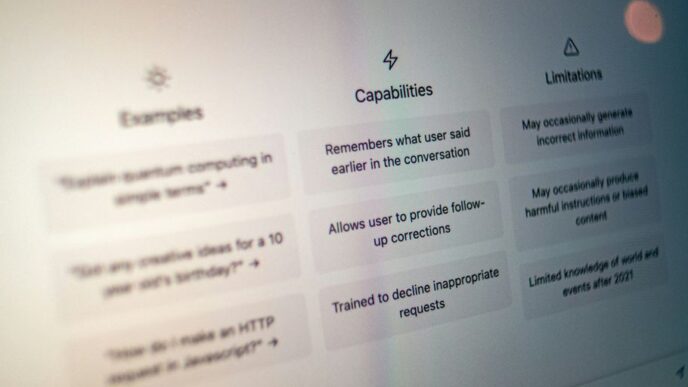AI is increasingly becoming a cornerstone of successful business operations. Companies across various industries are leveraging AI to streamline processes, enhance decision-making, and provide innovative customer experiences. Those who have integrated AI into their operational framework are often seen outperforming competitors who have yet to adopt this technology. AI’s ability to analyze large datasets with precision and speed means businesses can identify trends, predict consumer behavior, and make informed strategic decisions much faster than traditional methods would allow. This technological advantage is proving to be a significant differentiator in markets where competition is fierce and margins are thin.
The real issue may not be whether businesses can survive without AI, but rather how they can adapt to an environment where AI is becoming more commonplace. For companies on the fence about adopting AI, the decision should be based on strategic needs rather than a fear of being left behind. Businesses should consider their specific market demands, the nature of their industry, and their operational capacities before deciding to invest in AI. For many, a gradual adoption tailored to their particular needs might be more beneficial than a full-scale overhaul. Ultimately, while AI is a powerful tool that can lead to considerable business advantages, its role should be viewed as part of a larger, strategic toolkit rather than a make-or-break factor.
Iterate.ai, a leader in generative AI, urges businesses of all sizes to welcome AI advancements.
“The advancements that AI is bringing to the workplace are already here, so if you want your business to succeed in this changing environment, then now is the time to think about how you can embrace AI rather than fight it,” shares Iterate.ai Co-Founder Brian Sathianathan.
When it comes to AI, where should businesses start?
“If AI is able to replace common tasks done by your employees, start to think about how you can train your employees to use these skills to assist with everyday tasks, and how they can elevate their skillset to think bigger picture,” states Sathianathan.
Brian Sathianathan’s perspective highlights a crucial strategy for businesses considering AI integration: focusing on complementing and enhancing human skills rather than merely replacing them. By automating routine tasks, AI frees up employees to engage in more complex and strategic activities that can add significant value to the business. Training and re-skilling employees to work alongside AI technologies not only increases operational efficiency but also boosts employee morale by emphasizing their importance in higher-level decision-making processes. This approach ensures that the workforce remains relevant and capable of navigating a technologically advanced workplace, ultimately fostering a culture of innovation and continuous improvement.
Engaging with experts like Brian Sathianathan can provide businesses with invaluable insights into practical AI applications and strategic implementation. Discussions with leaders in the field can demystify AI and tailor its capabilities to specific business needs, identifying areas where AI can have the most impact. This tailored advice can help businesses of all sizes formulate a phased AI adoption plan that aligns with their unique challenges and opportunities, ensuring that the integration of AI is both manageable and beneficial. For companies looking to remain competitive in a technology-driven market, seeking expert guidance and embracing AI strategically could be key to sustainable growth and success.
The incorporation of AI into business operations is not merely about adopting new technologies but also about fostering an adaptive organizational culture that embraces continual learning and innovation. As AI reshapes industries, it necessitates a shift in mindset from top-level management to frontline employees. Companies that actively promote a culture of technological curiosity and willingness to adapt can more effectively integrate AI solutions, leveraging them to not only enhance efficiency but also to drive innovation. This proactive approach to AI adoption helps businesses not only to stay relevant but also to set new standards in their industries, paving the way for long-term success and leadership in an increasingly digital world.













